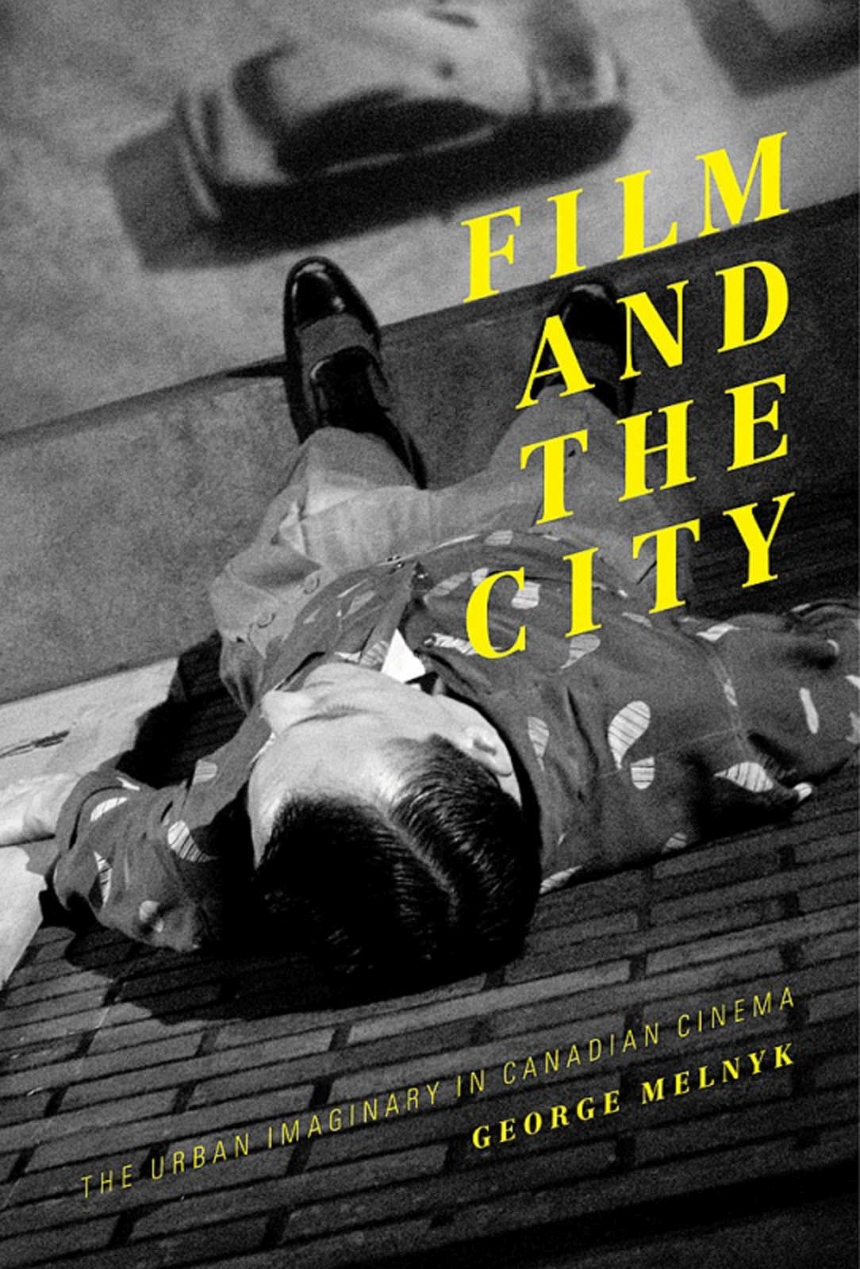Table of Contents
Acknowledgements
Introduction: The Urban Imaginary in Canadian Cinema
The City of Faith: Navigating Piety in Arcand’s Jésus de Montréal (1989)
The City of Dreams: The Sexual Self in Lauzon’s Léolo (1992)
The Gendered City: Feminism in Rozema’s Desperanto (1991), Pool’s Rispondetemi (1991), and Villeneuve’s Maelstrom (2000)
The City Made Flesh: The Embodied Other in Lepage’s Le Confessional (1995) and Egoyan’s Exotica (1994)
The Diasporic City: Postcolonialism, Hybridity, and Transnationality in Virgo’s Rude (1995) and Mehta’s Bollywood/Hollywood (2001)
The City of Transgressive Desires: Melodramatic Absurdity in Maddin’s The Saddest Music in the World (2003) and My Winnipeg (2006)
The City of Eternal Youth: Capitalism, Consumerism, and Generation in Burns’s waydowntown (2000) and Radiant City (2006)
The City of Dysfunction: Race and Relations in Vancouver from Shum’s Double Happiness (1994) to Sweeney’s Last Wedding (2001) and McDonald’s The Love Crimes of Gillian Guess (2004)
Conclusion: National Identity and the Urban Imagination
Notes
Bibliography
Index
